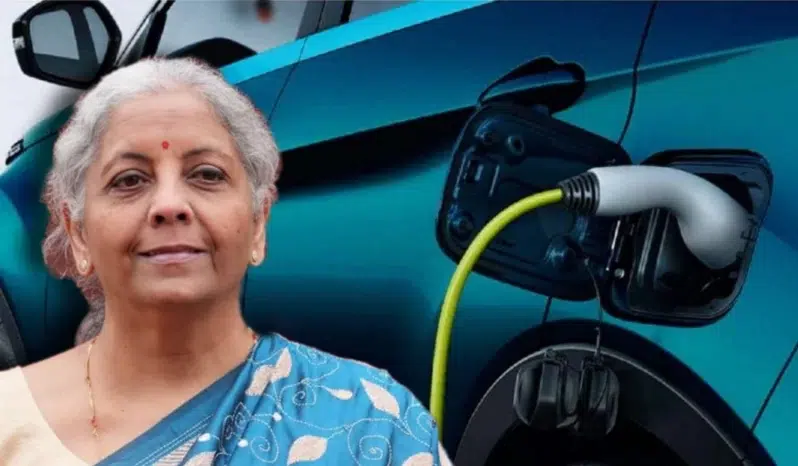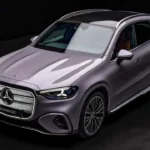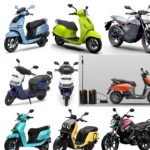Key Highlights:
- PLI Incentive Scheme increased to INR 3,500 crore
- FAME 3 budget’s allocation estimates INR 2,671.33 crore
- MOWR-licensed OEMs gets no relaxation on import duties
- Lithium recieves full exemption from custom duties
The unveiling of the 74th Indian Union Budget has given a significant boost to the automobile industry, particularly benefiting the EV sector. Although Finance Minister Nirmala Sitharaman did not mention the automobile sector in her FY25 budget speech, the budget estimates reveal that the government has increased the production-linked incentive scheme for automobiles and auto components to INR 3,500 crore for FY25, up from INR 604 crore allocated in FY24.
Automobile companies were expecting financial support for localization in the upcoming budget. Notably, the 2023-24 economic survey indicated that the auto PLI scheme attracted INR 67,690 crore in investments, with INR 14,043 crore invested by March 31, 2024. So far, 85 applicants have been approved under the auto PLI scheme, which has a budgetary allocation of INR 25,938 crore from FY23 to FY27.
Although the government did not formally announce the FAME 3 scheme (Faster Adoption and Manufacturing of (Hybrid) and Electric Vehicles in India), the budget estimates show an allocation of INR 2,671.33 crore for FAME in FY25, compared to INR 5,171.97 crore in FY24. The five-year FAME-II scheme, with an outlay of INR 11,500 crore, concluded on March 31, 2024.
For the National Program on Advanced Chemistry Cell (ACC) Battery Storage, the government has allocated INR 250 crore for FY25. Additionally, according to the budget estimates, INR 500 crore has been allocated for the Electric Mobility Promotion Scheme 2024, introduced by the government in April this year.
The union budget did not include any specific provisions for the automotive industry, which many had hoped for. However, the exemption of lithium, copper, and cobalt from customs duties is expected to boost lithium-ion battery manufacturing in India, as the government promotes localization. Lithium and cobalt are crucial components for lithium-ion batteries.
he 2024 Budget continues to support the EV industry, providing a significant incentive for manufacturers. However, I still anticipate measures to enhance growth, address supply chain issues, and promote sustainable mobility. The highlight of this budget is the full exemption from customs duties on lithium, a crucial component in EVs.
Additionally, the government is promoting job creation in the manufacturing sector, which will directly impact around 30 lakh youth. The industry is confident enough that skilled workers will significantly contribute to the growth of the EV market in India.
Over the budget a statement has released by Akihiro Ueda, CEO of Terra Charge India quoting that “I feel that the government should focus on the GST rates that are implied on the raw materials, reducing the GST on this will release the stress from the manufacturers which will automatically benefit the customers”.

Elctrik Speaks:
The 74th Union Budget of India falls short of the expectations set by OEMs and major industry players. As we highlighted in our previous article, the EV sector had several key expectations from this budget, including the introduction of FAME 3, relaxation of import duties for MOWR-licensed OEMs and a 30% extension of incentives for the EMP and Passenger Mobility EV categories.
However, none of these were addressed. In conclusion, while the EV sector did not receive everything it hoped for, the government has still made some valuation increases that could benefit the growing sustainable industry.






